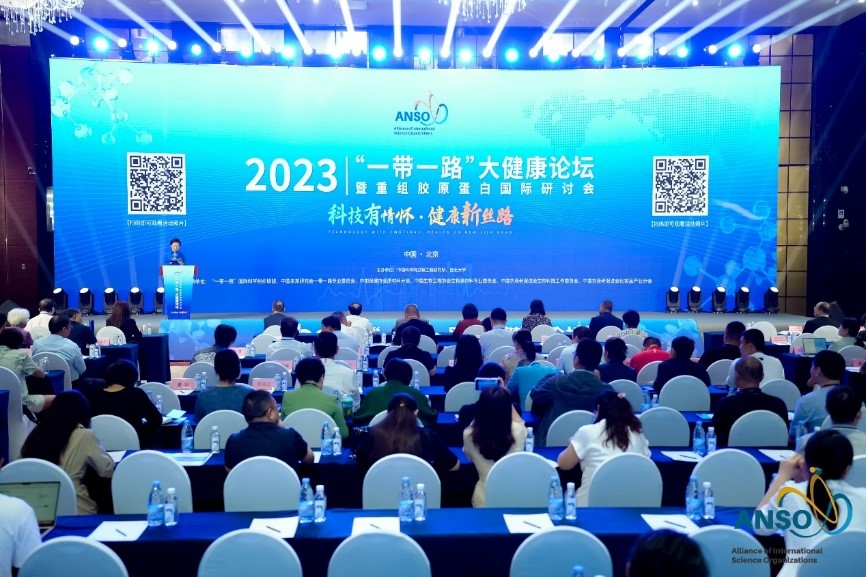The UK and China will jointly provide nearly $400,000 to fund several new research activities involving scientists from both countries working collaboratively on synthetic biology projects.
The UK Biotechnology and Biological Research Council said yesterday that it, along with the Engineering and Physical Sciences Research Council, will provide a total of £124,000 ($197,000) to fund the UK-based scientists involved in the projects. The Chinese Academy of Sciences (CAS) will match that funding level to support the Chinese investigators.
"Co-funded initiatives such as this scheme will see British and Chinese scientists learning from each other's expertise and benefiting from the globalization of excellent science," BBSRC Chief Executive Douglas Kell said in a statement.
"The idea of this program is to put the best minds together. Together our scientists and these from the UK can advance this field more efficiently," added Cao Jinghua, deputy director-general of the CAS Bureau of International Cooperation.
The funding will support joint projects that involve a wide range of possible applications for synthetic biology.
In one project, investigators at the University of Nottingham will collaborate with partners at the Key Laboratory of Synthetic Biology at the Shanghai Institute for Biological Sciences, as well as industrial partners, to design tools and strategies for producing bacteria for use in making low-carbon fuels and chemicals from industrial waste gas.
Another investigator at the Shanghai Institute will partner with University College London researchers to use synthetic biology and metagenomics approaches to develop new enzymes and build pathways for breaking down biomass.
In another project, collaborators at the University of Manchester and the CAS Institute of Microbiology will use synthetic biology approaches to produce high-value fine chemicals.
Researchers at the University of Edinburgh will work with the CAS Institute of Biophysics to investigate how lipid droplets might be used as synthetic biology tools, test bacterial enzymes for their ability to degrade plant materials, and examine certain ethical, legal, and social implications of synthetic biology.
Partners at the University of Warwick and the CAS Institute of Microbiology will seek to develop approaches for identifying and diversifying novel antibiotics.
The funding will support research projects for up to four years, and BBSRC said it expects that these efforts will translate into new joint grant applications in the future. (GenomeWeb News)
 Search
Search




 京公网安备110402500047号
京公网安备110402500047号